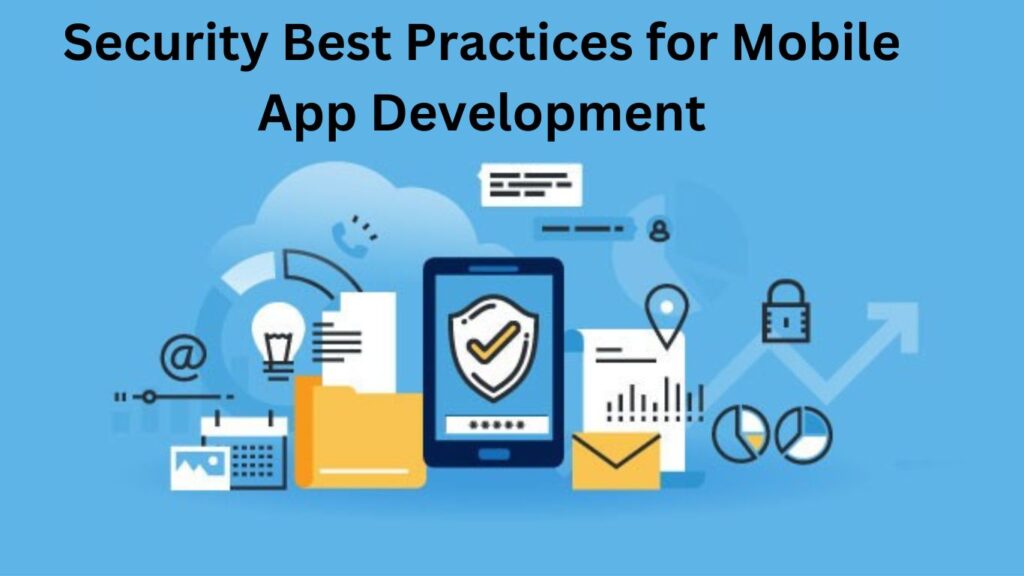Security is a paramount concern in mobile app development services, especially with the increasing prevalence of cyber threats and data breaches. Ensuring the security of mobile applications is essential to protect user data and maintain user trust.
Understanding the Importance of Security
Protecting User Data
Mobile apps often handle sensitive user data, including personal information, financial details, and login credentials. Implementing robust security measures is crucial to prevent unauthorized access and protect user privacy.
Preventing Unauthorized Access
Unauthorized access to mobile apps can lead to data breaches, identity theft, and other security risks. By implementing effective security measures, developers can mitigate the risk of unauthorized access and safeguard sensitive information.
Common Security Threats in Mobile App Development
Data Breaches
Data breaches occur when attackers gain unauthorized access to sensitive data stored within mobile apps, leading to potential loss or misuse of information.
Malware and Viruses
Malware and viruses pose significant threats to mobile app security, infecting devices and compromising the integrity of app functionalities.
Unauthorized Access
Unauthorized access to mobile apps can occur through various means, including brute force attacks, phishing scams, and exploiting vulnerabilities in app security protocols.
Security Best Practices for Mobile App Development
To enhance security in mobile app development , developers should follow these best practices:
Secure Code Development
Developers should adhere to secure coding practices, such as input validation, output encoding, and proper error handling, to minimize the risk of vulnerabilities and exploits.
Data Encryption
Implementing data encryption techniques, such as SSL/TLS encryption for data transmission and encryption at rest for stored data, helps protect sensitive information from unauthorized access.
User Authentication
Implementing robust user authentication mechanisms, such as multi-factor authentication and biometric authentication, enhances the security of user accounts and prevents unauthorized access.
Regular Security Audits
Conducting regular security audits and penetration testing helps identify and address security vulnerabilities proactively, ensuring the ongoing integrity and security of mobile apps.
The Role of Custom Application Development in Ensuring Security
Custom application development allows developers to tailor security measures to the specific needs and requirements of mobile apps, ensuring robust protection against evolving security threats.
How Software Development Companies Implement Security Measures
Software development company specializing in mobile app development employ industry-leading security practices and technologies to safeguard sensitive data and protect against security threats.
Challenges in Implementing Security Best Practices
Despite the importance of security best practices, developers may face challenges such as resource constraints, time limitations, and the complexity of emerging security threats.
Conclusion
Security is a critical aspect of mobile app development, requiring careful consideration and implementation of best practices to protect user data and mitigate security risks. By prioritizing security throughout the development lifecycle and leveraging custom application development expertise, developers can build secure and resilient mobile apps that inspire trust and confidence among users.


